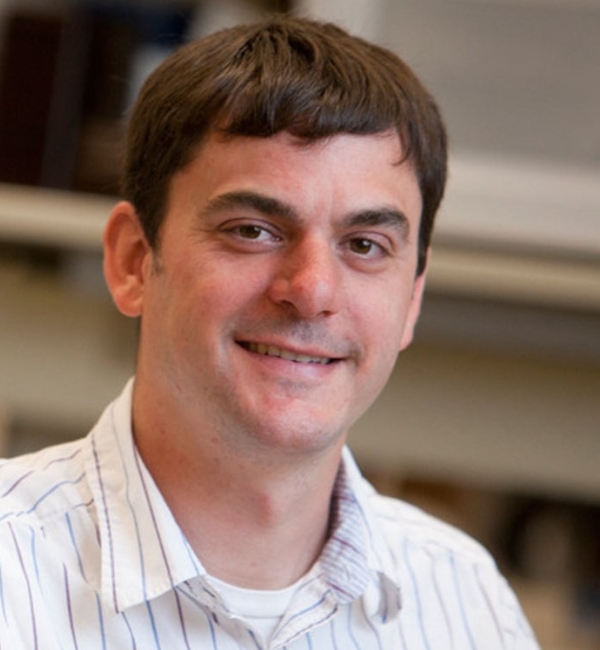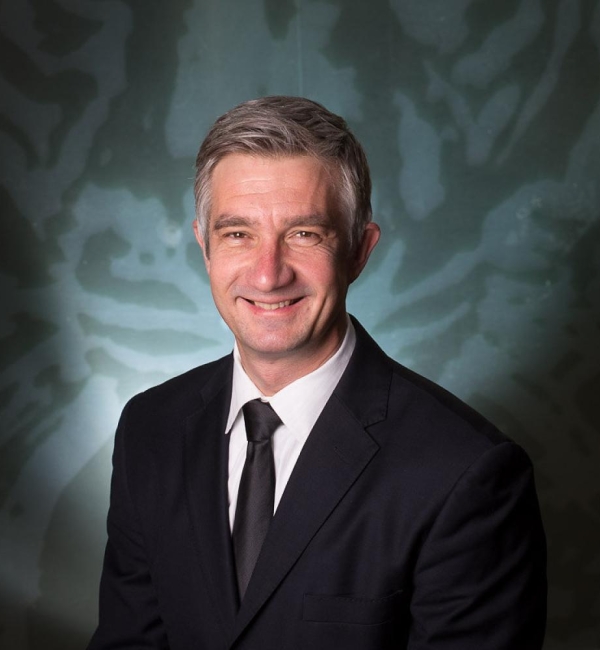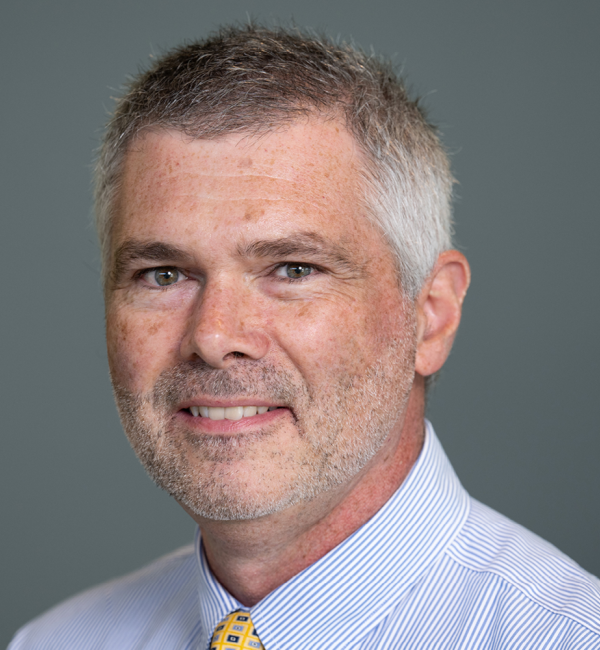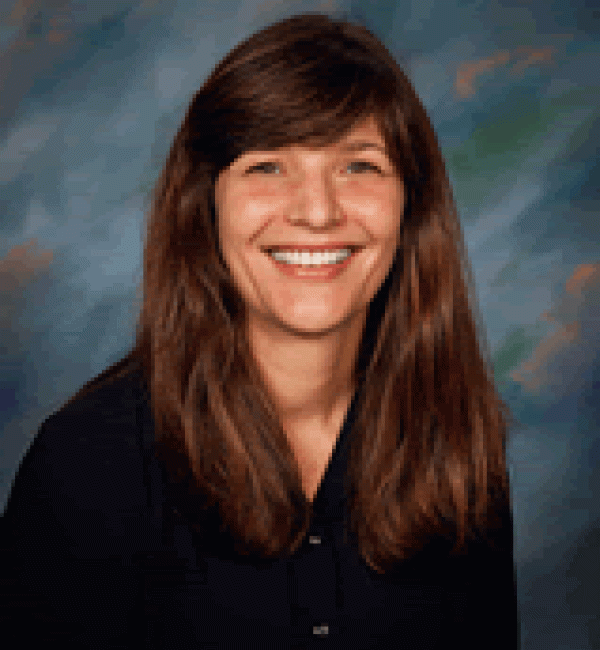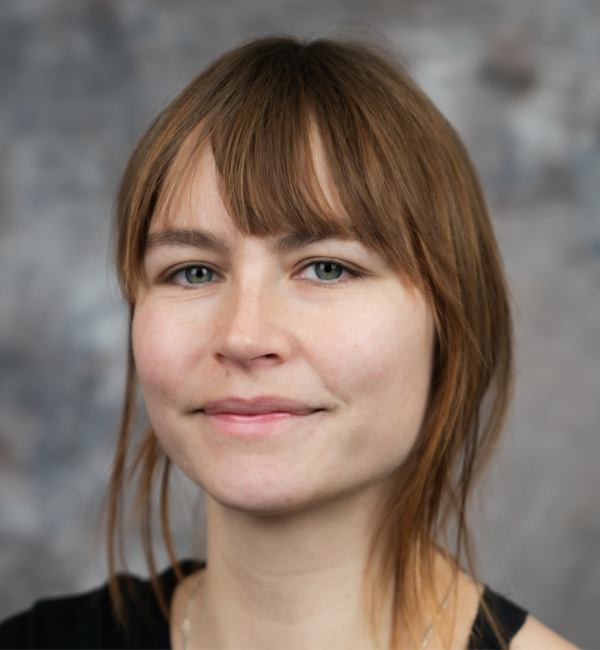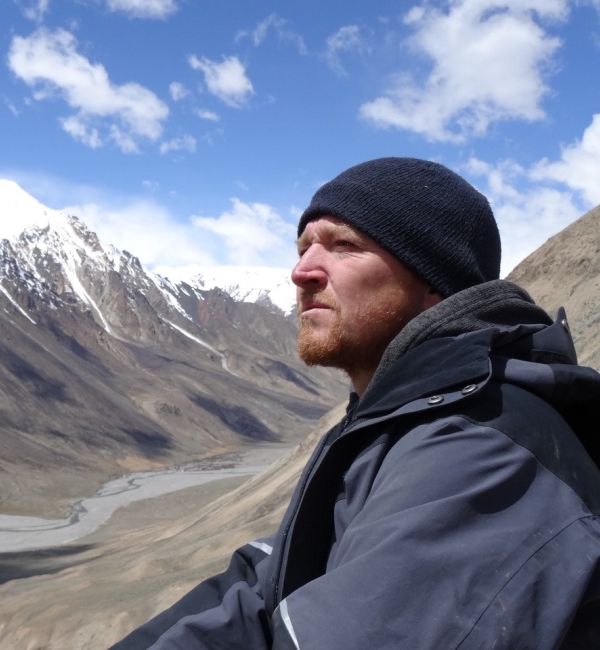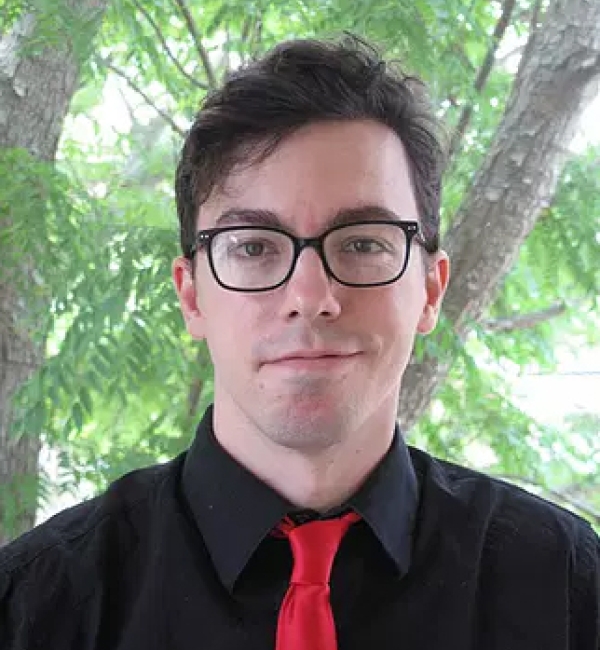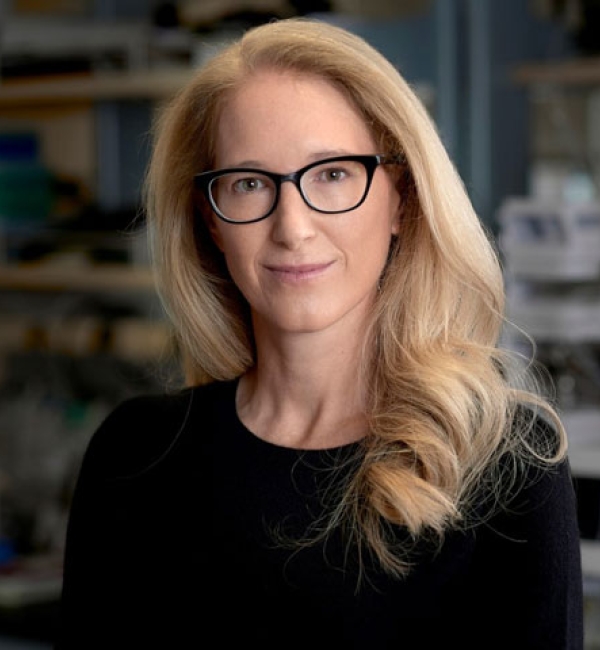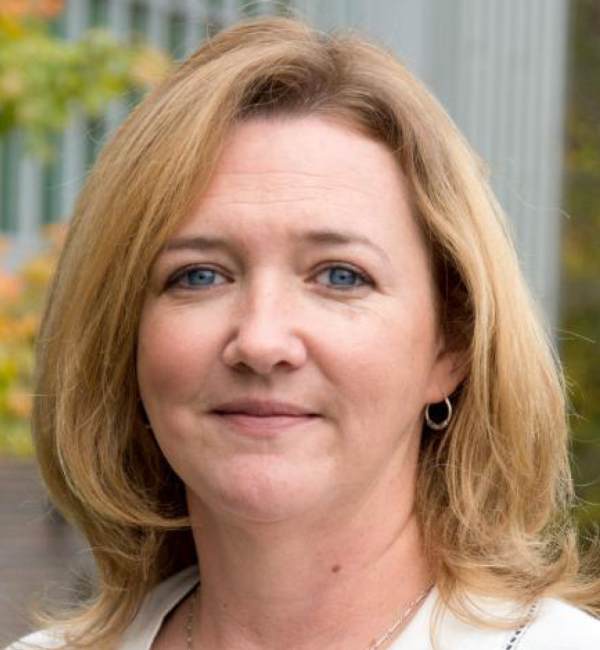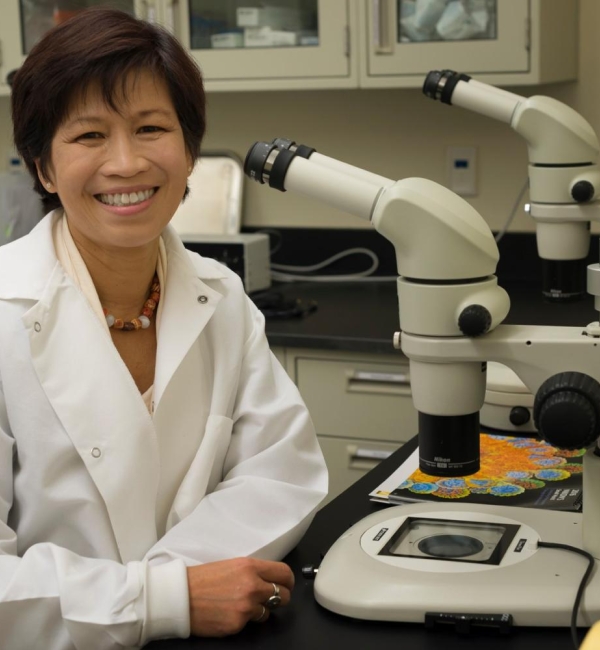Several Cornell College of Veterinary Medicine faculty participate in the Joint Graduate Training Program (JGTP) with the Smithsonian Conservation Biology Institute (SCBI). Please note: successful JGTP applicants are only admitted after a PI from SCBI and Cornell have signed a funding agreement to support the applicant for 5 years. Any prospective student interested in the JGTP must have made contact or have spent time working with a SCBI scientist. The applicant should address their SCBI connection and interest in the JGTP in their personal statement.
A student enrolled in the joint graduate training program has two research mentors, a Cornell Faculty member as your major advisor (Chair) and a scientific staff member from the SCBI to serve as your co-mentor. Utilizing expertise from both institutions, you would be working collaboratively and would be expected to study on site at both locations (Cornell in Ithaca, NY and SCBI in Front Royal, VA). During your first year you will have three lab rotations, including one at the SCBI. This SCBI rotation could occur in the summer prior to or after your first academic year.
Please note that the Cornell K. Lisa Yang Center for Wildlife Health Graduate Fellowship will not be accepting applications for the 2026–2027 admissions cycle.
| Faculty Name and Picture | Research Area(s) |
|---|---|
| Molecular basis of Salmonella pathogenesis; the genetic and environmental control of epithelial cell invasion | |
| Canine genomics, including understanding the mechanisms and consequences of inbreeding, drift and adaptation in populations undergoing natural and artificial selection | |
| How diseases of animals impact them on an individual and population level; conservation medicine | |
| Mechanisms of infection, particularly leptospira and salmonella | |
Reproductive physiology; fertility preservation and control for rare and endangered species; assisted reproductive techniques; cryobiology of gametes and reproductive tissues; biostabilization Faculty member located at the Smithsonian Conservation Biology Institute- works with Smithsonian Joint Graduate Training Program students | |
| Application of epidemiologic approaches to investigate the ecology and transmission of Salmonella and other foodborne pathogens among a wide variety of hosts | |
| B cell response; neonatal and clinical immunology | |
| Planetary Health/One Health, fisheries, livelihoods, HIV/AIDS, nutrition, environmental change | |
I investigate what drives hosts’ contributions to pathogen dynamics across biological scales, from host-pathogen molecular interactions to host species interactions. To do so, I combine theoretical, observational, and experimental approaches, and consider various study systems in the lab and in the field, including emerging bat-borne viruses and their hosts, and bacterial pathogens of endangered seabirds. I collaborate with stakeholders to translate scientific outputs into sustainable, targeted solutions against pathogen threats, with the focus on ecological interventions.
| |
| Molecular diagnostics and emerging diseases of fish; target animal safety studies for new aquaculture therapeutants and chemicals | |
| Conservation impacts of wild carnivore health | |
| Population and clinical studies; Pathogen discovery and surveillance, with focus areas on tick-borne disease and antimicrobial resistance; exploring the underlying mechanisms of infectious disease emergence and identifying biomarkers to detect and prevent emerging threats to humans and animals | |
| I am an evolutionary biologist, comparative anatomist, and ecologist interested primarily in questions relating to ecomorphology and macroevolutionary trends. To address these questions, the Hedrick lab works on the functional morphology of a wide variety of vertebrate groups, including sensory, musculoskeletal, and reproductive systems. We commonly use micro-computed tomographic imaging, contrast-enhanced imaging (e.g., diceCT), evolutionary and biogeographical modeling, and geometric morphometrics. | |
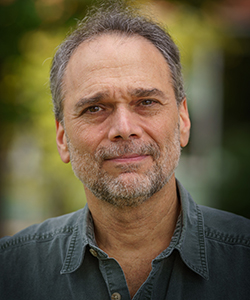 | The Wildlife Health & Health Policy Group's focus is on the conservation of free-ranging wildlife, as well as on the deeply intertwined relationships among sustainable conservation, system resilience, economic development, and human health and well-being – all as underpinned by environmental stewardship |
| Mammalian reproductive biology with a focus on the life history of trade-offs associated with timing of hormone secretion and reproductive effort; sexual differentiation; female reproductive aging | |
| Dr. Raina Plowright’s research program develops the science of pandemic prevention through transdisciplinary leadership, innovation, and translation. Her work advances a One Health approach by bridging the best available science in disease dynamics with effective public health practice and meaningful policy. Her systematic and interdisciplinary approach focuses on four areas of inquiry: Transmission of pathogens between species, Links between land-use change and pathogen spillover, Dynamics and drivers of viral pathogens in reservoir host populations, and Implementation of science for the protection of ecosystem and human health. - lab | |
| Wildlife conservation; infectious diseases; population medicine and epidemiology; One Health | |
 | Mammalian reproductive physiology; stem cells; technologies for wildlife conservation |
Reproductive biology; cyrobiology; wildlife conservation Faculty member located at the Smithsonian Conservation Biology Institute- works with Smithsonian Joint Graduate Training Program students | |
 | Reproductive biology focusing on sperm and spermatogonial stem cells; wildlife conservation through approaches integrating studies of animals, humans, and the environments they share |
| The structure and function of viral envelope proteins—how genomic mutations lead to changes in the envelope proteins and control viral pathogenesis in influenza viruses and coronaviruses—SARS-CoV, MERS-CoV and feline coronaviruses; novel vaccines and diagnostic test development. |




